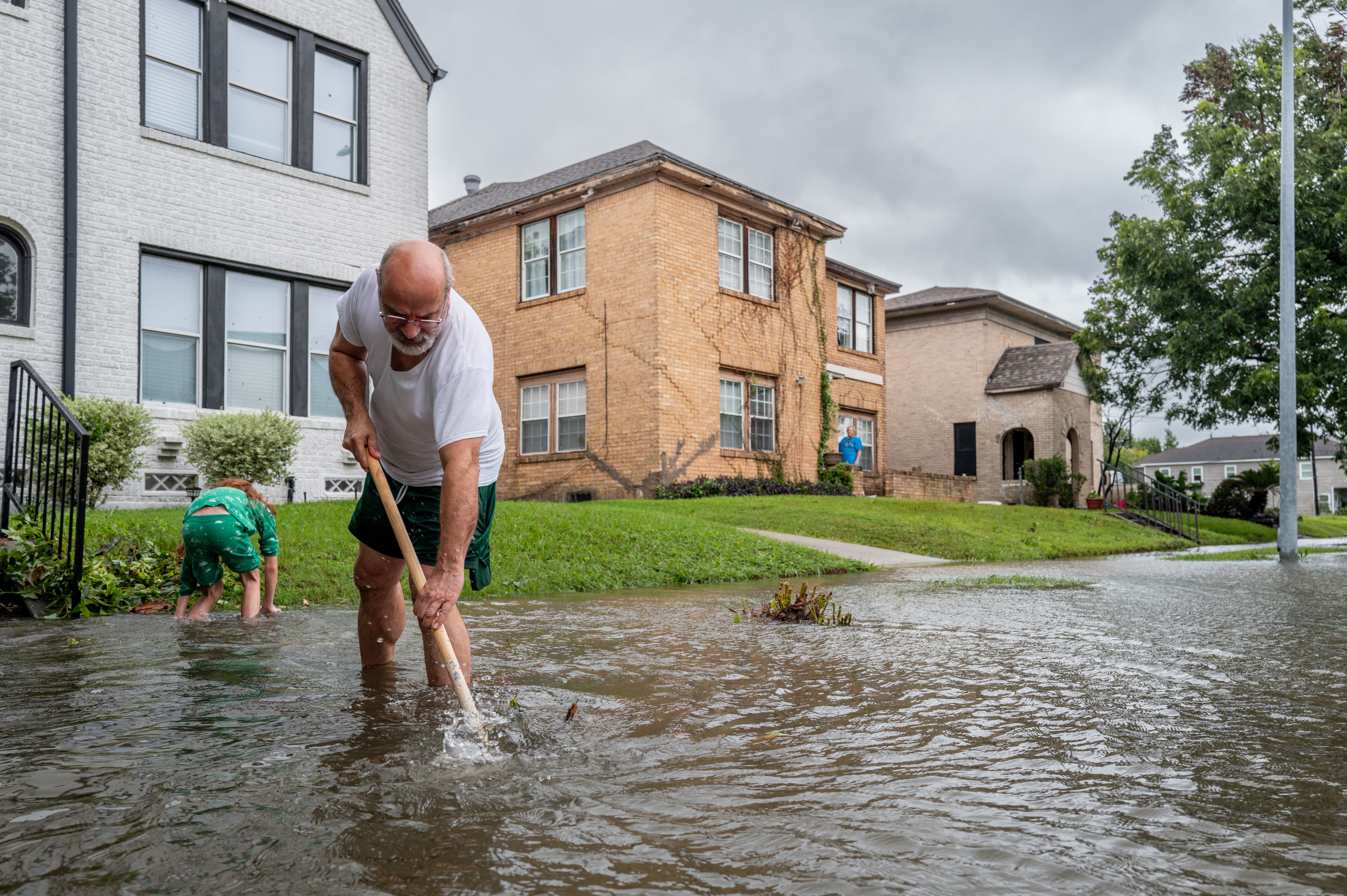ARTICLE AD BOX
The first tropical wave of the season was just identified in the Atlantic Ocean — weeks before the start of this year’s hurricane season.
Currently moving just west of Africa, large-scale low-pressure systems similar to this may lead to the formation of a tropical cyclone.
“The axis of a tropical wave is near 26W, to the south of 15N, moving west at around 11 mph. Nearby convection is noted in the monsoon trough and Intertropical Convergence Zone section,” forecasters at the National Hurricane Center said in their Tuesday update. Convection is a critical part of storm formation that sends warm air and moisture into the atmosphere.

This one, however, is not expected to threaten Florida or develop any further. That’s due to a dry and dusty air mass in its path, WFTV 9 said.
Other areas of the Atlantic closer to the U.S. are quiet just 11 days before the official start of the Atlantic hurricane season on June 1.
In fact, it may even be eerily quiet, according to Philip Klotzbach, a Colorado State University meteorologist specializing in Atlantic basin seasonal hurricane forecasts.
"Five other years since 1950 have had zero Northern Hemisphere named storms through May 15: 1973, 1983, 1984, 1998, and 2024," he wrote in a post on the social media platform X.
“The latest first named storm in the Northern Hemisphere since 1950 was in 1973. Ava formed in the eastern North Pacific on June 2 that year,” he noted.
Since 2003, there have been 15 tropical cyclones that have formed before June 1, according to the Pensacola News Journal. Of those, 11 formed in May.
The Atlantic hurricane season runs from the beginning of June through November 30.
This season may be less active than last year, which saw the destructive Hurricane Helene and Milton. June’s Hurricane Beryl was the earliest Category 5 storm on record in the Atlantic.
The first named storm of the 2025 season will be Andrea.
The National Oceanic and Atmospheric Administration will release its forecast for the season on Thursday. Forecasters at AccuWeather say the first storm could happen before the official start of the season.
"We're starting to get into that season where we need to kind of keep an eye out [in the Caribbean]," AccuWeather Lead Hurricane Expert Alex DaSilva said.








 English (US) ·
English (US) ·